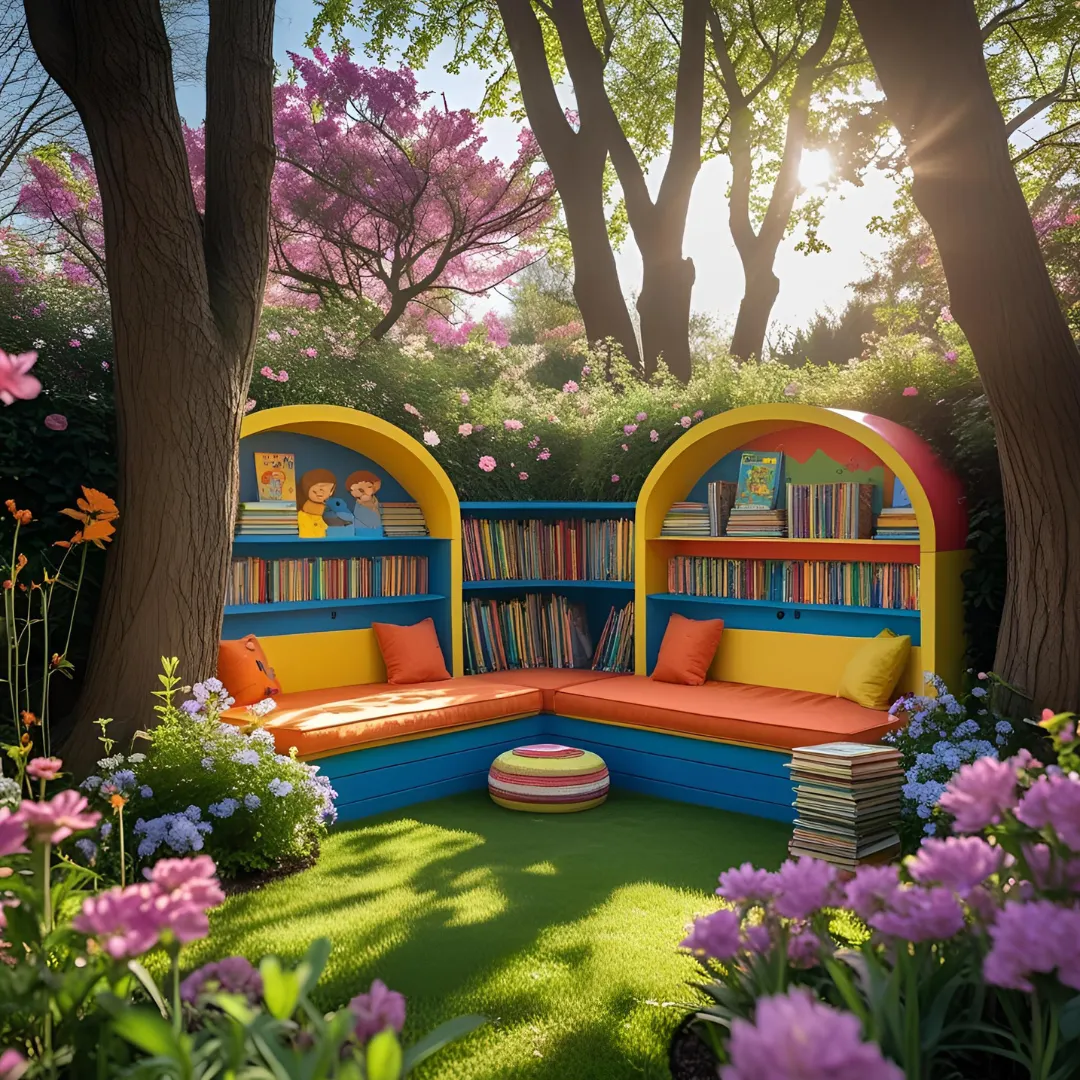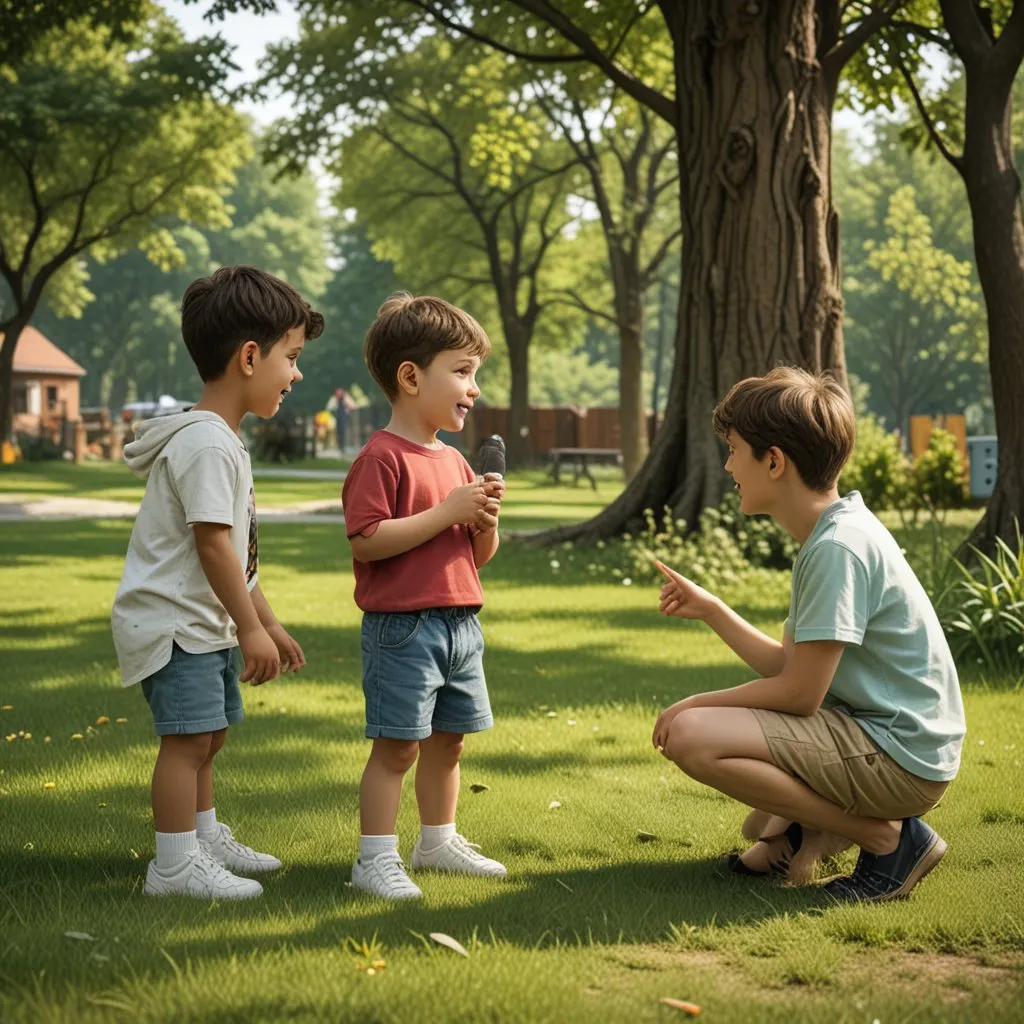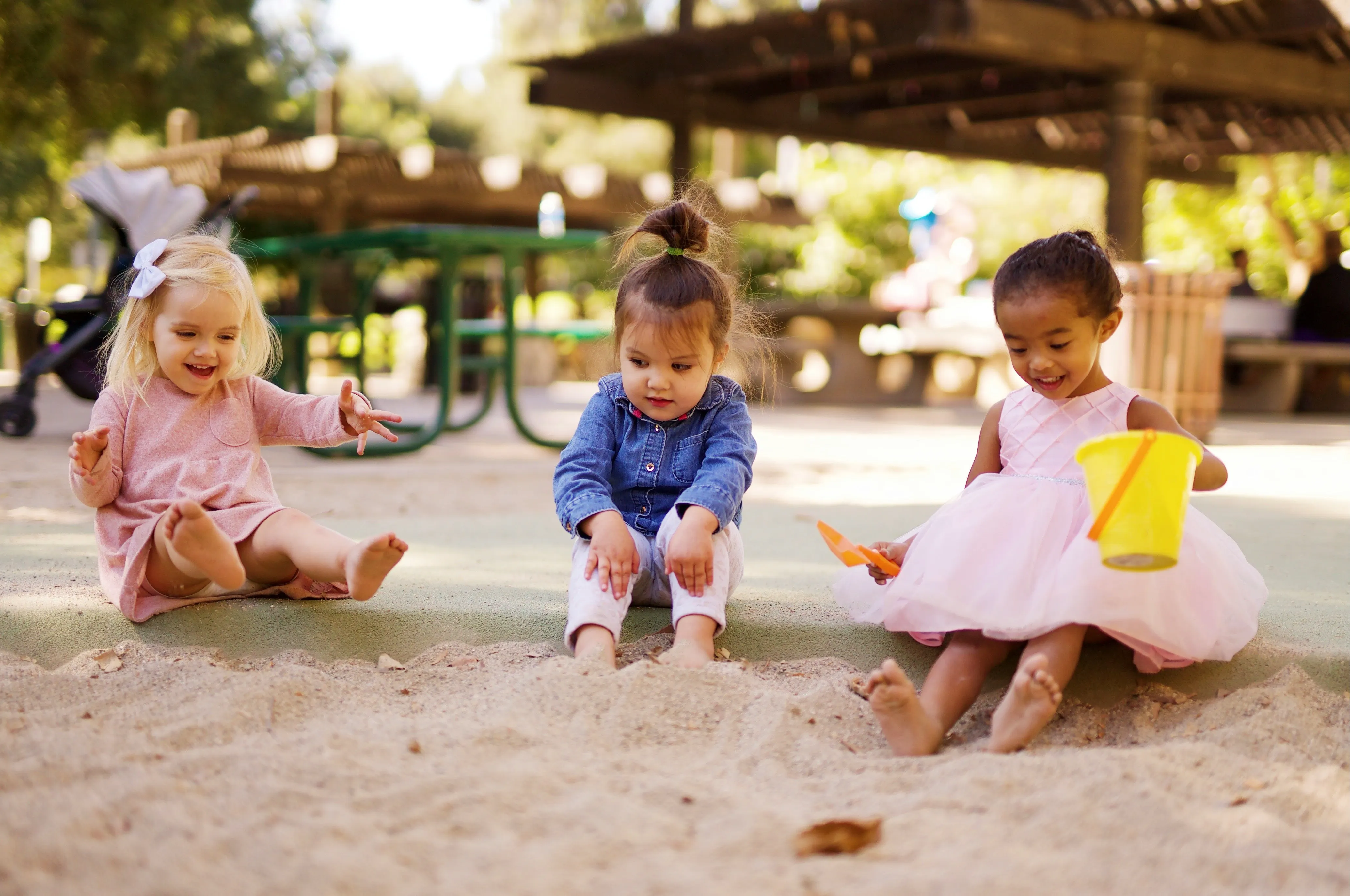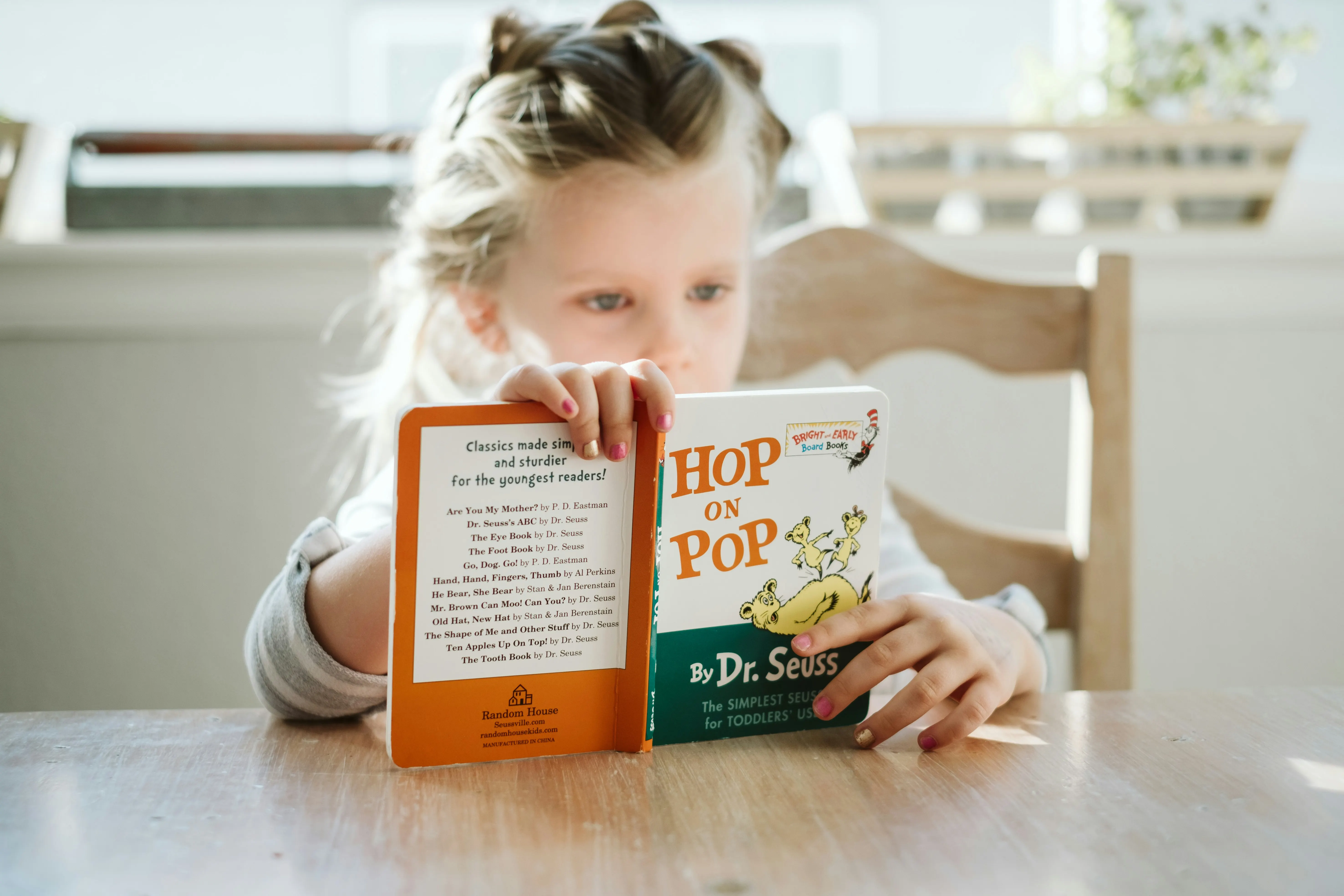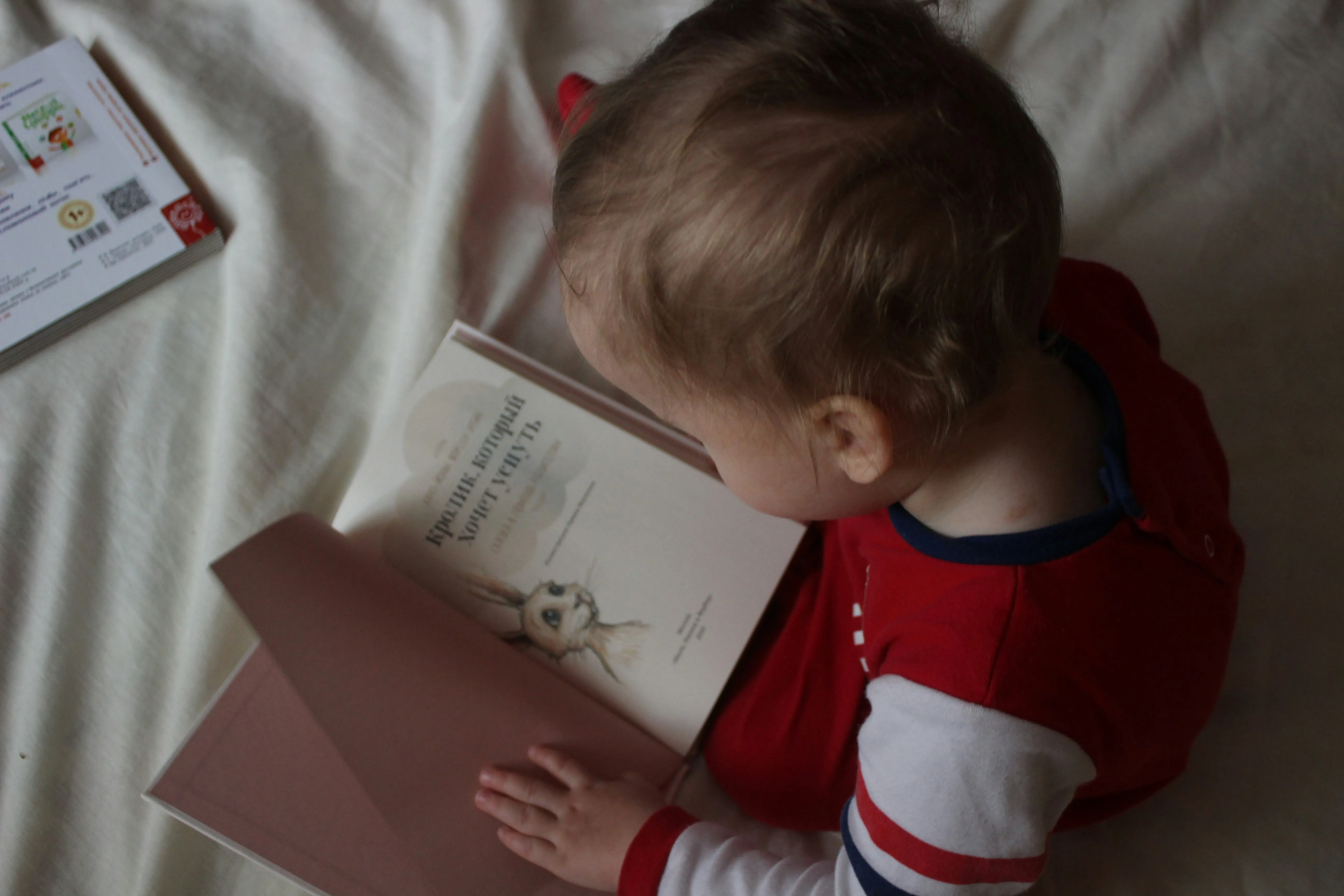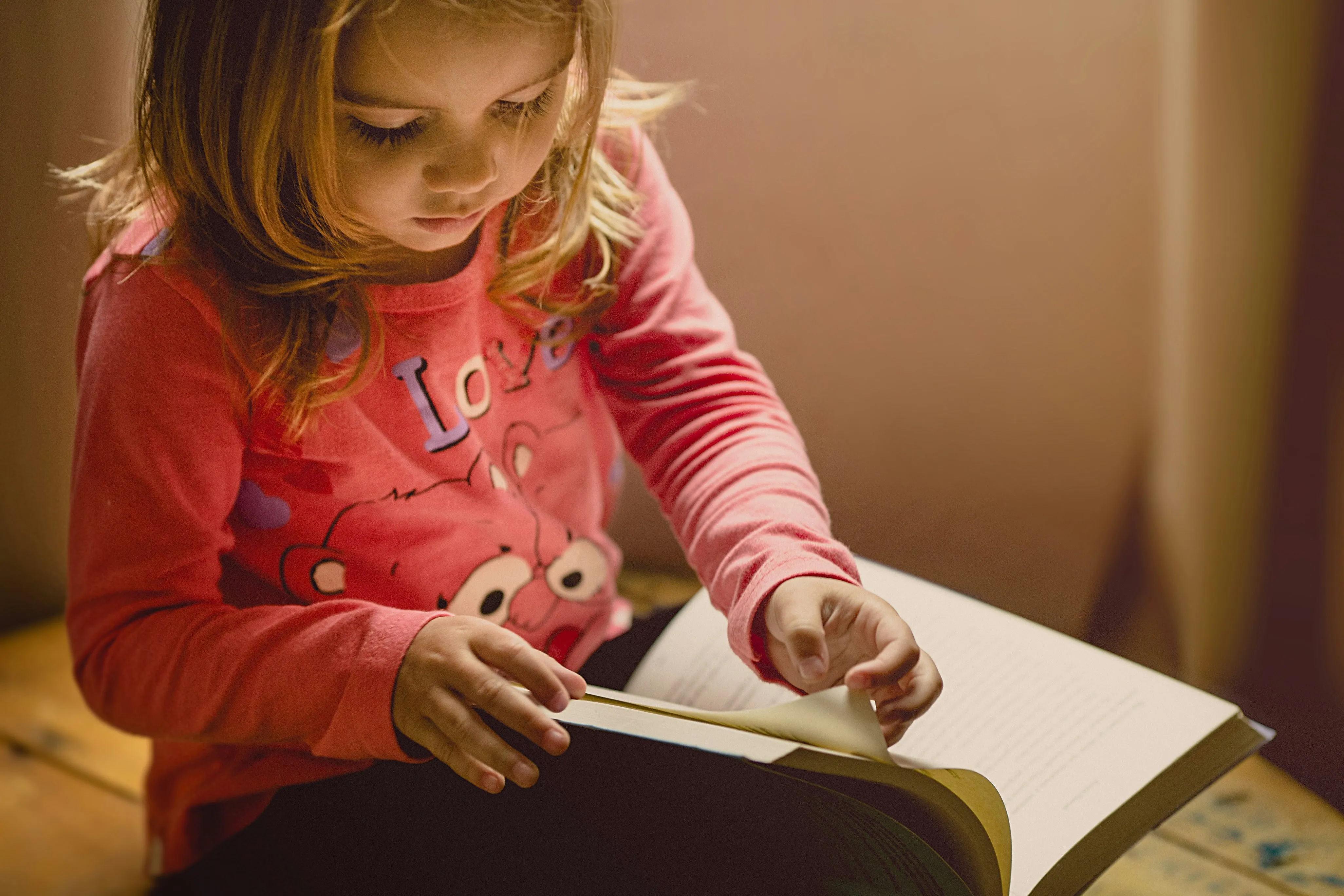Understanding Your Child's Early Development: A Science-Based Guide for Parents

Unlocking Your Child's Early Growth: A Research-Backed Guide for Parents
Early childhood development forms the foundation for lifelong health, learning, and well-being. The first three years of a child's life represent an extraordinary period of growth and development—with research showing that by age three, 80% of the brain is developed. For first-time parents in their 30s navigating this critical journey, understanding the science and practicalities of early childhood development can be both empowering and reassuring.
This comprehensive guide explores the fascinating science behind your child's early development and provides evidence-based strategies to support their cognitive, language, social, and emotional growth from birth through age three. Drawing on the latest Canadian research and resources, we'll help you navigate each developmental stage with confidence.
The Science Behind Early Brain Development
The period from conception through the first three years represents the most rapid phase of brain development in human life. Modern neuroscience has revolutionized our understanding of early childhood development, demonstrating that brain architecture is built through an ongoing process that begins before birth and continues into adulthood.
The Critical First 1,000 Days
Scientists now understand that early brain development is not just genetically determined but is dramatically influenced by early experiences with people and surroundings. The quality of a child's environment, the nurturing they receive, and the responsiveness of adults are vitally important for shaping brain architecture.
Canadian research has confirmed that the first 1,000 days (from conception to age two) represent a crucial "window of opportunity" for setting positive developmental trajectories. During this period, neural connections form at an astonishing rate of up to one million new connections per second, establishing pathways that influence everything from sensory processing to complex thinking.
Experience-Dependent Brain Development
Early experiences literally shape how the brain gets built. When a baby experiences responsive, nurturing interactions, positive neural connections are strengthened. Conversely, prolonged stress or neglect can disrupt healthy brain development. This understanding of brain plasticity underscores why supportive early environments matter so significantly.
The Canadian Institute of Child Health notes that the majority of Canadian children are healthy and happy, with access to universal health and education systems that rank among the best in the world. However, research also shows that inequalities exist that can impact early child development, highlighting the importance of providing all children with supportive environments.
Want to learn more about how your baby's brain develops month by month and specific activities to support cognitive growth?
Check out our detailed guide: Understanding Your Baby's Cognitive Development.
The First Year Journey (0-12 months)
Your baby's first year represents an incredible period of transformation—from a helpless newborn to an increasingly mobile, communicative little person. Understanding typical developmental patterns can help you support this growth while recognizing that each child develops at their own unique pace.
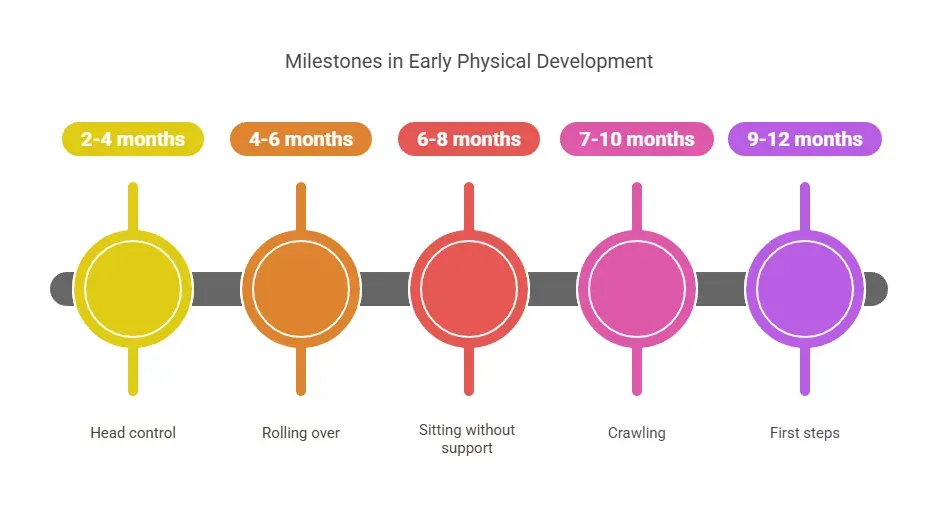
Physical Development Foundations
Physical development follows a predictable sequence, with babies typically gaining control of their bodies from head to toe and from the center outward. Key markers generally include:
- Head control (2-4 months)
- Rolling over (4-6 months)
- Sitting without support (6-8 months)
- Crawling (7-10 months)
- First steps (9-12 months)
Supporting physical development means providing plenty of supervised "tummy time" when your baby is awake, offering age-appropriate toys that encourage reaching and grasping, and creating safe spaces for exploration as mobility increases.

Communication Beginnings
Communication begins long before the first words appear. Your baby communicates through cries, coos, facial expressions, and body movements from birth. Research shows that responsive interactions during these early communications build crucial foundations for language development.
- Key communication markers typically include:
- Cooing and gurgling (2-3 months)
- Babbling (4-6 months)
- Responding to name (6-9 months)
- Understanding simple words (9-12 months)
Discover how to make the most of these early communications in our detailed guide: Baby Talk 101
Social-Emotional Foundations
The first year is also when babies develop attachment—the strong emotional bonds with primary caregivers that create a secure base for exploring the world. Canadian research emphasizes that responsive caregiving—consistently meeting your baby's needs with warmth and appropriate responses—is essential for healthy attachment.
Simple ways to support social-emotional development include:
- Responding promptly to your baby's cries
- Making eye contact and smiling during interactions
- Providing comfort when your baby is distressed
- Creating predictable routines that build a sense of security

Cognitive Development Through Play
Play is your baby's first and most important learning laboratory. Through sensory exploration and interaction with objects and people, babies develop crucial cognitive abilities including attention, memory, problem-solving, and understanding cause-and-effect relationships.
Wondering what books are best for different ages and how to make reading a meaningful bonding experience? Explore our guide: Beyond Books: Literacy For Life
The Exciting Second Year (12-24 months)
The second year brings dramatic advances as your child becomes increasingly mobile, verbal, and independent. This period of development is often characterized by the "language explosion" and growing autonomy.
Word Spurt aka Naming Explosion
Between 12-24 months, children typically experience a remarkable growth in language abilities.
The typical progression includes:
- First words (12-18 months)
- Two-word phrases (18-24 months)
- Growing vocabulary (50+ words by 24 months)
Canadian research indicates that rich language environments—where children hear diverse vocabulary in meaningful contexts—significantly impact language development. Daily reading, conversation, songs, and storytelling all contribute to building your child's language skills.
Check out our Naming Explosion Guidelette: Word Spurt!

For advanced strategies to expand your child's vocabulary beyond basic baby words, check out our specialized guide:
Vocabulary Building: Beyond Basic Baby Words.
Growing Independence
The second year is marked by your child's growing desire for independence, often accompanied by the famous "no" phase and occasional tantrums. This is a normal and healthy part of development as children begin to understand themselves as separate individuals with their own preferences.
Supporting this emerging independence involves:
- Offering limited, age-appropriate choices
- Creating safe environments for exploration
- Establishing consistent, loving boundaries
- Acknowledging feelings while guiding behaviour
- Cognitive Leaps
During this period, toddlers develop more sophisticated cognitive abilities. They begin to use symbols (understanding that objects or pictures represent real things), engage in simple pretend play, solve basic problems, and remember past events.
Research from the Science of Early Child Development initiative at Red River College Polytechnic highlights how these cognitive advances are supported through everyday experiences and responsive interactions with caregivers.
The Transformative Third Year (24-36 months)
The third year brings remarkable growth in language complexity, social understanding, and independent thinking. Your child is becoming a more sophisticated communicator and thinker with a growing sense of self.
Complex Language and Communication
Between 24-36 months, children typically:
Speak in longer, more complex sentences
Follow two to three-step directions
Ask many questions (especially "why")
Engage in simple conversations
Begin telling basic stories
This language development supports more complex thinking, allowing children to express needs, ideas, and feelings with increasing precision. The Canadian Early Learning and Child Care Act recognizes the importance of this period for building language foundations that support later literacy.

Social Development and Peer Relationships
During the third year, children develop greater awareness of peers and begin moving from parallel play (playing alongside others) to more interactive play. They start developing empathy, taking turns (with support), and understanding basic social rules.
To learn more about supporting social development during these critical years, explore our in-depth guide: Social Learning in the First Three Years.
Emerging Self-Regulation
The ability to manage emotions and behaviour—self-regulation—begins developing significantly during the third year. Research from the Canadian Institute of Child Health emphasizes that supportive adult guidance helps children gradually develop the ability to comfort themselves, wait for short periods, and follow simple rules2.
Supporting self-regulation includes:
- Naming and acknowledging emotions
- Teaching simple calming strategies
- Providing consistent routines
- Modelling self-regulation in your own behaviour
- Creating Your Family's Developmental Support System
As a first-time parent in your 30s, creating effective support systems is crucial for both your child's development and your own well-being as a parent.
Leveraging Canadian Resources
Canada offers numerous programs and services to support early childhood development. The Canada-wide early learning and child care system aims to ensure affordable, inclusive, and high-quality early learning opportunities3.
Key resources include:
Public health programs for new parents
Early years centres and family resource programs
Early intervention services
Provincial and territorial childcare subsidy programs
Library programs for young children
Building Your Community
Research confirms that supportive social networks significantly benefit both children and parents. The Canadian Institute of Child Health notes that children thrive in communities that offer material and social supports they need to grow and develop4.
Consider connecting with:
Parent groups (in-person or online)
Early childhood programs in your community
Other parents with children of similar ages
Extended family members who can provide support
For a comprehensive guide to creating environments that support your child's learning in daily life, don't miss: Supporting Your Child's Learning Journey.
Balancing Work and Parenting
The majority of Canadian parents with young children now work outside the home, making work-life balance a significant consideration2. Research indicates that quality child care and early education services are important components of supporting both child development and parental workforce participation2.
When evaluating childcare options, consider:
Caregiver-to-child ratios
Caregiver qualifications and experience
Program philosophy and approach
Physical environment
Daily routines and activities
When to Seek Professional Guidance
While development varies between children, certain signs may warrant professional consultation. The Canadian Institute of Child Health recommends speaking with healthcare providers about:
Significant delays in reaching multiple developmental markers
Loss of previously mastered skills
Persistent challenging behaviours that interfere with daily functioning
Minimal response to social interaction
Consistent difficulty with sleeping, eating, or other daily routines4
Early identification and intervention can make a significant difference in supporting optimal development. Your child's healthcare provider is an important resource for addressing developmental concerns.
Conclusion: Your Child's Unique Journey
Every child develops at their own pace, following a unique trajectory shaped by their individual temperament, experiences, and environment. As parents, your role isn't to rush development or compare your child to others but rather to provide the supportive, responsive care that enables them to flourish.
The early years offer an extraordinary window for building foundations that will support your child throughout life. By understanding the science behind development and implementing responsive, nurturing approaches, you're setting your child on a path toward lifelong learning, health, and well-being.
Remember that parenting is a journey of continuous learning. Be patient with yourself, celebrate small victories, and know that your attentiveness and care are powerful influences in your child's development.
Image suggestion: Parent and toddler walking hand-in-hand on a path, symbolizing the journey together.
Frequently Asked Questions
How much should I worry if my child isn't meeting developmental markers exactly on time?
Developmental timelines are guidelines, not strict rules. The Canadian Paediatric Society emphasizes that variation in development is normal, with children often developing skills at different rates. Focus on the overall pattern of development rather than specific markers. If you have concerns about significant delays across multiple areas, consult with your child's healthcare provider4.
How can I balance screen time in my young child's life?
The Canadian Paediatric Society recommends avoiding screen time for children under 2 years, except for video chatting with family. For children 2-5 years, limit screen time to 1 hour per day of high-quality content, preferably watched together with a parent. The most valuable activities for young children's development involve face-to-face interaction and hands-on exploration7.
What if I need to return to work—will this impact my child's development?
Quality child care can positively support child development. Research from the Early Childhood Development Research team at Red River College Polytechnic shows that children can thrive in enriching environments outside the home when care is consistent, responsive, and developmentally appropriate5. When evaluating childcare options, look for providers who offer warm, responsive care and stimulating age-appropriate activities.
How can I support my child's development if I'm a single parent?
Single parents can fully support their child's healthy development. The Canadian Institute of Child Health emphasizes that the quality of interactions matters more than family structure. Focus on creating consistent routines, responding sensitively to your child's needs, and building a support network of family, friends, and community resources to help share the parenting journey.
References
Canadian Institute of Child Health. (2017). Profile on the Health of Canada's Children and Youth7.
Early Childhood Development in Canada. (2019). Public Health Agency of Canada24.
Government of Canada. (2023). Canada Early Learning and Child Care Act3.
Ministry of Education, Ontario. (2021). How Does Learning Happen? Ontario's Pedagogy for the Early Years6.
Red River College Polytechnic. (2021). The Science of Early Child Development.
Health Canada. (2023). Children and Adolescents9.
- https://ppl-ai-file-upload.s3.amazonaws.com/web/direct-files/7308972/cc93a90e-be73-40b0-b002-dd9f3692e0d7/paste.txt
- https://edi-offordcentre.s3.amazonaws.com/uploads/2019/10/Early-Childhood-Development-in-Canada_EN_20190918.pdf
- https://laws.justice.gc.ca/eng/acts/C-3.55/page-1.html
- http://mchp-appserv.cpe.umanitoba.ca/supp/mchp/projects/media/Early_Childhood_Development_in_Canada_EN_20200106.pdf
- https://www.rrc.ca/research/ecdr/
- https://files.ontario.ca/edu-how-does-learning-happen-en-2021-03-23.pdf
- https://nccdh.ca/resources/entry/the-health-of-canadas-children-and-youth-a-cich-profile
- https://www.scienceofecd.com
- https://www.canada.ca/en/health-canada/services/healthy-living/children-adolescents.html
- https://ecereport.ca/en/early-years-studies/ece-report-2017/methodology/references/
- https://earlyyearsstudy.ca
- http://content.scienceofecd.com/mbaccess/files/2020/06/Suggested-citations-for-Science-of-Early-Child-Development-SECD-resources.pdf
- https://cps.ca/en/early-child-development
- https://www.canada.ca/en/employment-social-development/programs/early-learning-child-care/reports/2021-canada-country-background-quality.html
- https://www.beststart.org/OnTrack_English/pdf/OnTrack-Section9.pdf
- https://www.canada.ca/en/public-health/services/child-infant-health.html
- https://childcarecanada.org/publications/ecec-in-canada
- https://ecereport.ca/en/early-years-studies/2014/report/references/
- https://caringforkids.cps.ca
- https://cps.ca/en/documents/position/screen-time-and-preschool-children
- https://www.canlii.org/en/ca/laws/stat/sc-2000-c-35/latest/sc-2000-c-35.html










